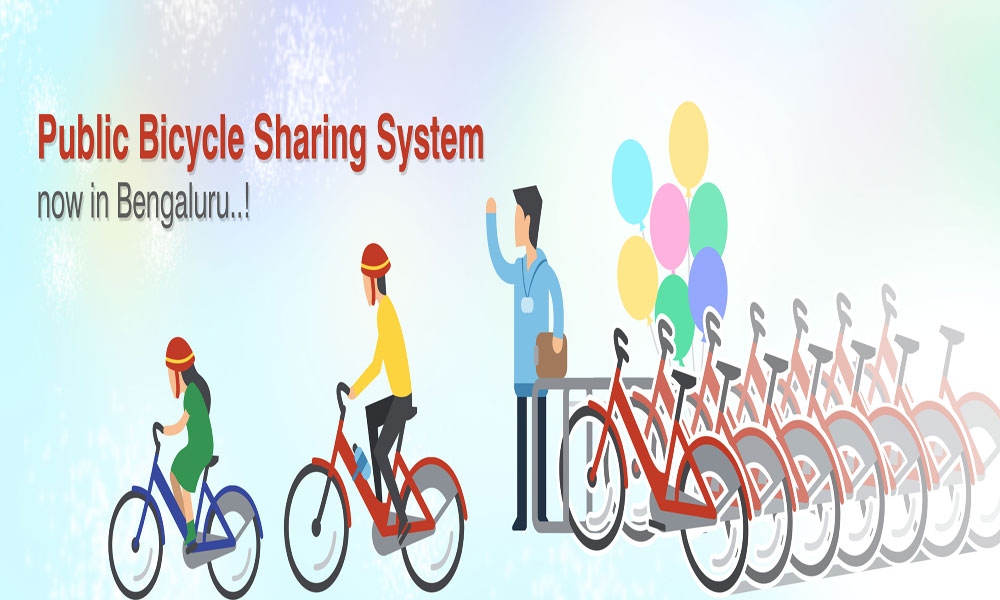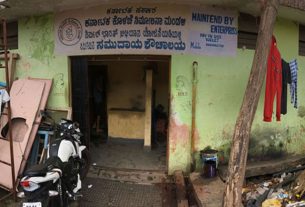Experts question the feasibility of the bike-sharing scheme to be introduced in Bangalore.
Bangalore, April 9, 2018: ‘Trin trin’, a public bicycle sharing system which is to be introduced in Bangalore has failed to elicit confidence about its feasibility.
Trin trin is a public bike sharing system introduced in Mysuru, Karnataka. In this system the bicycles are owned by the civic administration and are rented out for short periods of time to local residents or visitors. An individual can borrow a bike at any docking station across the city and return the bike to any docking station in the same city.
However, there is scepticism even at Directorate of Urban Land Transport (DULT) about the feasibility of the scheme in Bangalore. Mr. Murlikrishna, a special officer at DULT said “We have planned to introduce around 6000 bicycles for first phase and if needed we will introduce more. We are just waiting for the clearance from BBMP and Election commissioner. Hopefully we will implement it within two to three weeks. But I am afraid how it will turn out to be even though we plan to have an awareness program and promotional activities by the bicycle operator.”In the first phase, the Directorate of Urban Land Transport (DULT) who has taken up the project plans to introduce 6000 bicycles and parking hubs. DULT also plans on setting up separate lanes for bicycles. All this is included in the Rs. 80 cr. budget allocated for the project. The project is funded by the Government of Karnataka and partially by the World Bank.
Kshitij Urs, an environmentalist said “There are two to three aspects. Poor people have been using bicycles for a long time. The road transport never thought of saving this practice but suddenly they are concerned for the environment. The elite and the middle class have taken up this hobby and as a response they are adopting policy quickly. Bicycles are important for the environment for sure. I don’t think they should invest so much on bicycles but focus on infrastructure, safety and bicycles lanes. It will help the environment if there is a huge transmission and more people adapt to it.”
In 2012, Bruhat Bangalore Mahanagara Palike (BBMP) and kerberon automations took the initiative to start Bicycle Sharing System in Bangalore where one can pay and pick up a bicycle and drop it back at any other such station across Bangalore. The scheme didn’t work out because the process at the government levels was taking longer than expected.
The scheme has already been running in Mysore and has received a positive response. Currently, the scheme in Mysore has 450 bicycles and can be borrowed on a nominal fee. 48 docking stations have been set up. Give us a bit about the procedure. And, tell us about the earlier scheme that Bangalore had that did not work and why.




